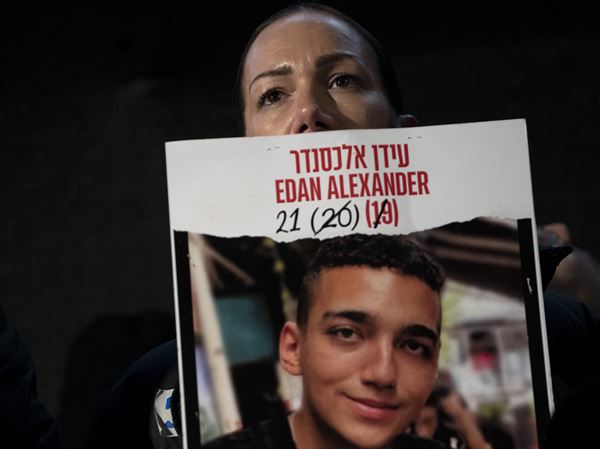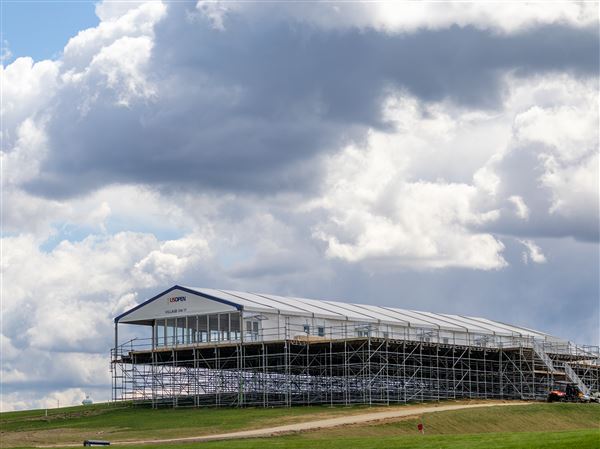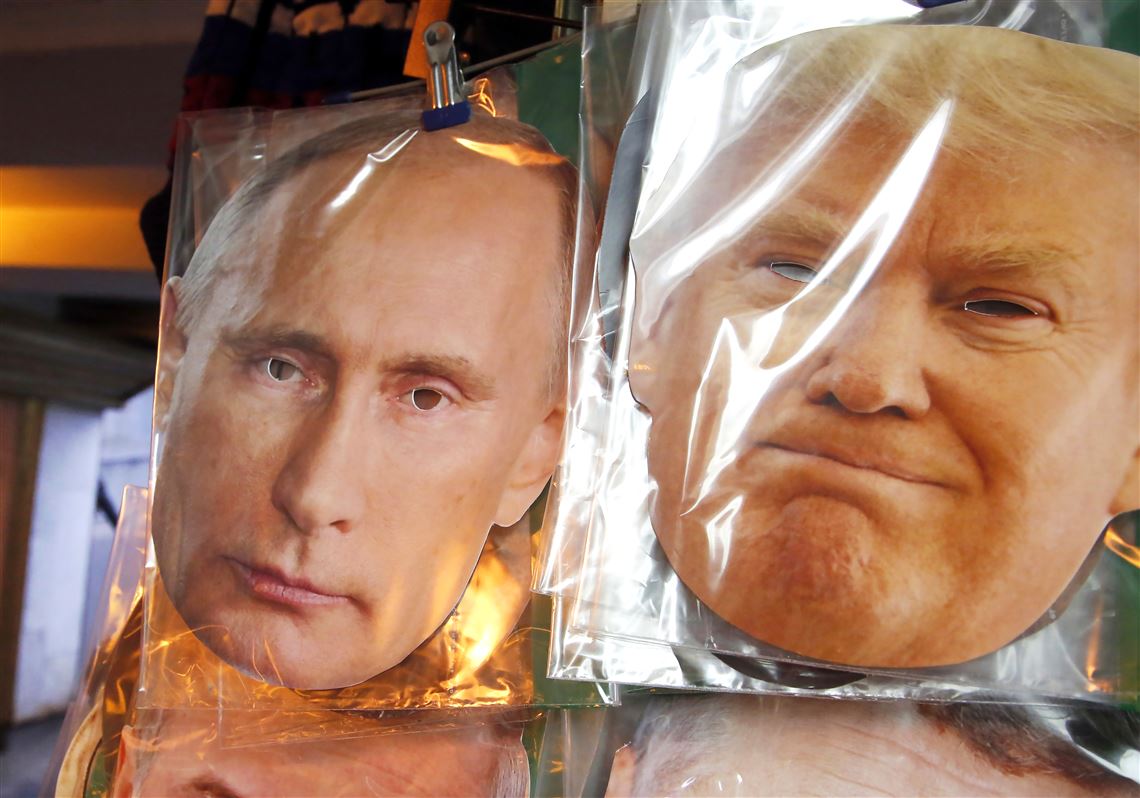A solid look at the various documents and statements that have emerged so far regarding the relationship — if any — between President-elect Donald J. Trump’s political and business organizations and Russia leaves the student of such matters confused, and with something of a headache.
Elements include the original research — or confection — apparently led by former British MI6 intelligence officer Christopher Steele, resulting in a report that has subsequently passed through the sometimes grimy hands of Mr. Steele’s client, American legislators, the FBI and, eventually, BuzzFeed, which published it online Tuesday. (The dossier itself raises as many questions as it answers, with redactions, names left out, and a pretentious, possibly pseudo, intelligence tone, clearly prepared by a team, not an individual.)
The first and “hot” question is whether there was coordination between the Trump organizations and the Russians. It is presumably the footprints — if any — on that path that the FBI is allegedly tracking.
It is pretty hard to imagine that Americans could not care if it were to turn out that Russian President Vladimir Putin was watching the U.S. 2016 election campaign knowing he had working lines to one of the opposing quarterbacks.
On the other hand, does it actually matter if the Russians were playing a hand in the American elections? The United States messes around big-time in other countries’ elections. Russia’s are hard to get at for the moment, given Mr. Putin’s hammerlock on the process there, but history is dotted with other examples of American electoral meddling. Mr. Trump has cited countries in addition to Russia that might have been playing in the confused 2016 game. These include China, Cuba, Iran and Israel, in addition to some of America’s more benign allies.
So what do we do now? First of all, there is every reason to believe that Mr. Trump will be inaugurated president of the United States on Jan. 20, even if it turns out that every nasty detail in the alleged Steele report is true. Most Americans who voted for him may well have assumed that an international businessman like Mr. Trump would have negotiated “deals” in Russia, a middling economy, whatever he may say now.
Secondly, without imputing depraved motivation to CNN and other American media to propagate fake news, as Mr. Trump did in his ostensible press conference Wednesday, Americans’ curiosity about the truth of the report attributed to Mr. Steele will not die. Americans still want to know even what lay behind the assassination of President John F. Kennedy 53 years ago.
So the U.S. intelligence community needs to continue a credible quest to dig out what if any relations existed between the Trump organizations and Russia. The answer to that question is relevant, not only to future U.S.-Russian relations, but also to the effort to keep America’s own future elections free and fair, independent of foreign interference.
First Published: January 13, 2017, 5:00 a.m.















